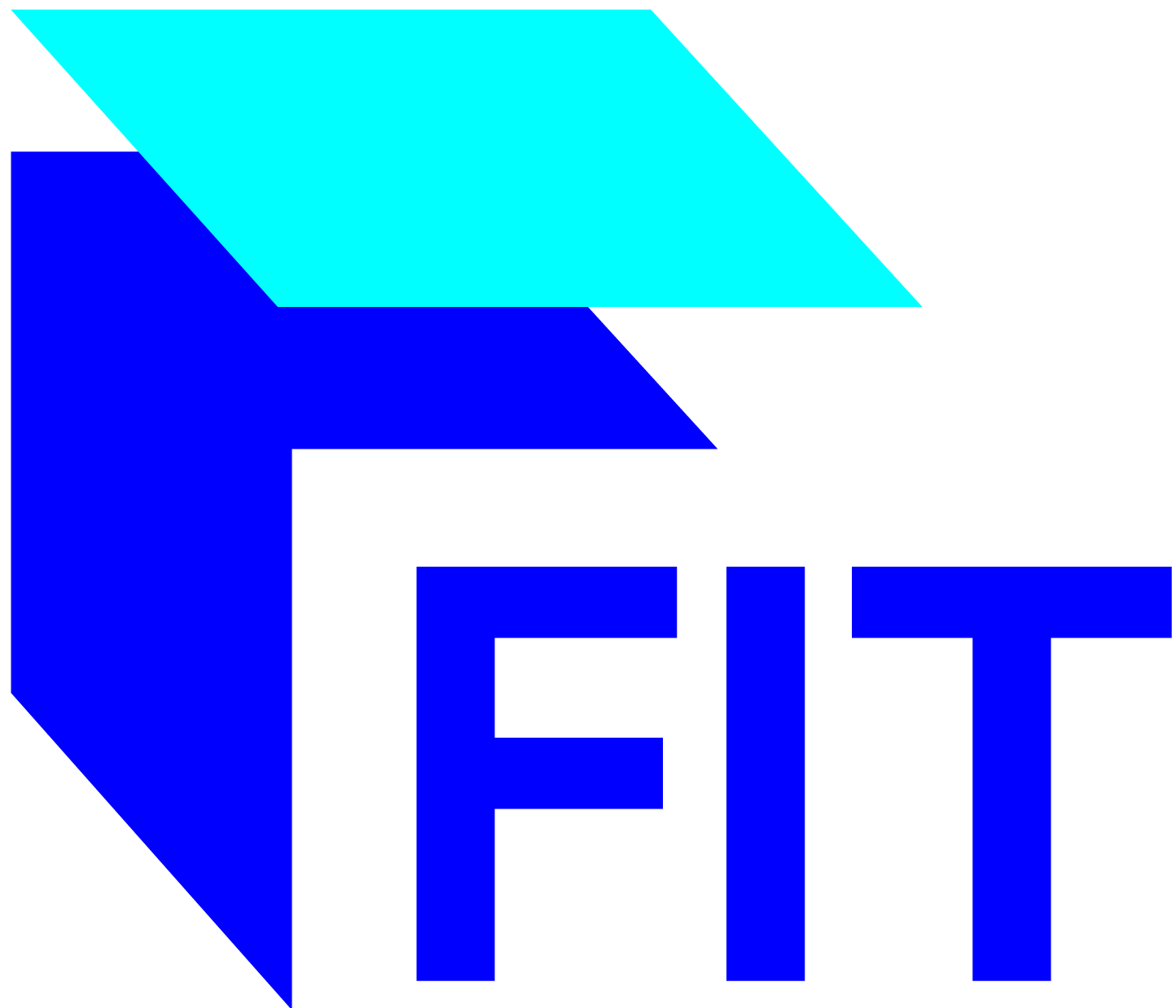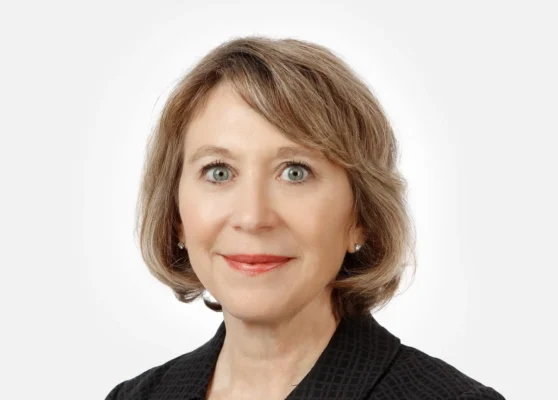Notifications
Clear all
SAVINGS & INVESTMENTS
Status
Author
Topics
Forum
Replies
Views
Last Post
-1
105
8 months ago
-1
123
8 months ago
0
129
11 months ago
What are the best saving strategies you use to stay financially secure despite economic challenges?
By admin, Feb 23
0
119
11 months ago
Consultation & Training
Professional and Tailored Consultation and Training Programs, designed for individuals and groups.
Savings & Investments Tools
Tools for Savings & Investments




Statistics
Data & Insights
2020-2030: ten years that will transform insurance forever
Get quick solutions to resolve failed or delayed bank transactions today.
Frequently Asked Question
What is FIT4Africa?
FIT4Africa (Financial Inclusion Tools for Africa) is a digital platform designed to bridge financial gaps by providing individuals, businesses, and stakeholders with access to credible financial information, expert guidance, essential tools, data-driven insights, and vibrant communities.
Who can use FIT4Africa?
FIT4Africa is open to individuals, small businesses, financial service providers, policymakers, researchers, and development organizations looking for financial inclusion solutions across Africa.
What is the difference between savings and investments?
• Savings refer to setting aside money for future use, typically in a savings account or other low-risk options. It offers easy access to funds but earns minimal interest.
• Investments involve putting money into assets (such as stocks, bonds, or real estate) with the aim of generating higher returns over time. Investments carry more risk but can grow wealth significantly.
• Investments involve putting money into assets (such as stocks, bonds, or real estate) with the aim of generating higher returns over time. Investments carry more risk but can grow wealth significantly.
Why is it important to save and invest?
• Savings provide financial security, emergency funds, and liquidity for short-term needs.
• Investments help grow wealth, beat inflation, and build financial independence for long-term goals.
• Investments help grow wealth, beat inflation, and build financial independence for long-term goals.
How do I decide whether to save or invest?
• If you need quick access to funds (e.g., emergencies or short-term goals), saving is best.
• If you are planning for long-term financial growth (e.g., retirement or wealth accumulation), investing is better.
• If you are planning for long-term financial growth (e.g., retirement or wealth accumulation), investing is better.
How do I decide whether to save or invest?
• If you need quick access to funds (e.g., emergencies or short-term goals), saving is best.
• If you are planning for long-term financial growth (e.g., retirement or wealth accumulation), investing is better.
• If you are planning for long-term financial growth (e.g., retirement or wealth accumulation), investing is better.
What are the different types of savings accounts?
• Regular Savings Account – A basic account that allows deposits and withdrawals, earning minimal interest.
• Fixed Deposit Account – Locks funds for a specified period, offering higher interest rates.
• Target Savings Account – Helps individuals save for specific goals (e.g., school fees, a car, or a business).
• High-Interest Savings Account – Offers better interest rates for maintaining higher balances.
• Fixed Deposit Account – Locks funds for a specified period, offering higher interest rates.
• Target Savings Account – Helps individuals save for specific goals (e.g., school fees, a car, or a business).
• High-Interest Savings Account – Offers better interest rates for maintaining higher balances.
How much should I save monthly?
A general rule is the 50/30/20 rule:
• 50% of income for needs (housing, food, bills).
• 30% for wants (entertainment, shopping).
• 20% for savings and investments.
• 50% of income for needs (housing, food, bills).
• 30% for wants (entertainment, shopping).
• 20% for savings and investments.
What is an emergency fund, and why is it important?
An emergency fund is a savings reserve meant to cover unexpected expenses (e.g., medical emergencies, job loss, urgent repairs). It provides financial security and reduces reliance on debt.
How much should I have in my emergency fund?
Experts recommend saving 3 to 6 months' worth of living expenses in an emergency fund.
Where should I keep my savings?
• Bank savings accounts – Safe and accessible but offer low returns.
• Microfinance institutions – Good for low-income earners but may have higher fees.
• Mobile wallets & fintech savings platforms – Convenient and may offer competitive interest rates.
• Microfinance institutions – Good for low-income earners but may have higher fees.
• Mobile wallets & fintech savings platforms – Convenient and may offer competitive interest rates.
Are digital savings platforms safe?
Yes, but ensure that the platform is regulated by financial authorities and has strong security measures.
How can I develop a consistent saving habit?
• Automate savings by setting up direct deposits.
• Use a savings app to track progress.
• Start small and increase gradually.
• Set clear financial goals.
• Use a savings app to track progress.
• Start small and increase gradually.
• Set clear financial goals.
What are the common types of investments?
• Stocks – Buying shares in a company to earn dividends and capital appreciation.
• Bonds – Lending money to the government or corporations in exchange for interest payments.
• Real Estate – Investing in properties for rental income or appreciation.
• Mutual Funds – Pooling money with other investors to invest in a diversified portfolio.
• Treasury Bills & Government Securities – Low-risk investments issued by the government. • Commodities – Investing in gold, oil, or agricultural products.
• Cryptocurrency & Digital Assets – High-risk, volatile digital currencies like Bitcoin.
• Bonds – Lending money to the government or corporations in exchange for interest payments.
• Real Estate – Investing in properties for rental income or appreciation.
• Mutual Funds – Pooling money with other investors to invest in a diversified portfolio.
• Treasury Bills & Government Securities – Low-risk investments issued by the government. • Commodities – Investing in gold, oil, or agricultural products.
• Cryptocurrency & Digital Assets – High-risk, volatile digital currencies like Bitcoin.
How do I start investing?
• Set financial goals (e.g., retirement, homeownership, passive income).
• Research and understand different investment options.
• Start small and gradually increase investments.
• Diversify to spread risks.
• Seek expert financial advice if needed.
• Research and understand different investment options.
• Start small and gradually increase investments.
• Diversify to spread risks.
• Seek expert financial advice if needed.
What is risk tolerance, and why is it important?
Risk tolerance is your ability to endure financial losses in investments. It determines whether you should choose high-risk, high-return investments (like stocks) or low-risk, stable investments (like bonds).
What is diversification, and how does it help?
Diversification means spreading your investments across different assets to reduce risk. If one investment underperforms, others can balance the loss.
What are the best investment options for beginners?
• Low-cost index funds
• Mutual funds
• Treasury bills
• Real estate (if affordable)
• Exchange-traded funds (ETFs)
• Mutual funds
• Treasury bills
• Real estate (if affordable)
• Exchange-traded funds (ETFs)
What is compound interest, and why is it important in investing?
Compound interest is when your earnings generate additional earnings over time. The earlier you start investing, the more your money grows exponentially.
How do I avoid investment scams?
• Verify that the investment company is licensed.
• Avoid schemes that promise high returns with no risk.
• Be cautious of Ponzi or pyramid schemes.
• Conduct thorough research before investing.
• Avoid schemes that promise high returns with no risk.
• Be cautious of Ponzi or pyramid schemes.
• Conduct thorough research before investing.
What are alternative investments?
These are non-traditional investments, including:
• Agriculture (e.g., farm crowdfunding)
• Peer-to-peer lending
• Startups and venture capital
• Collectibles (art, rare coins)
• Agriculture (e.g., farm crowdfunding)
• Peer-to-peer lending
• Startups and venture capital
• Collectibles (art, rare coins)
Are cryptocurrencies a good investment?
Cryptocurrencies offer high potential returns but are very volatile and speculative. Only invest money you can afford to lose.
How do I invest for retirement?
• Contribute to a pension fund.
• Invest in stocks, bonds, and mutual funds.
• Own real estate for rental income.
• Consider long-term insurance plans.
• Invest in stocks, bonds, and mutual funds.
• Own real estate for rental income.
• Consider long-term insurance plans.
When should I start saving for retirement?
The earlier, the better. Starting in your 20s or 30s allows compound interest to work in your favor.
How can I save for my child's education?
• Open an education savings account.
• Invest in mutual funds or treasury bills.
• Buy an education insurance policy.
• Invest in mutual funds or treasury bills.
• Buy an education insurance policy.
What investment options are best for children?
• Child education investment plans
• High-yield savings accounts
• Stocks or mutual funds for long-term growth
• High-yield savings accounts
• Stocks or mutual funds for long-term growth
How should small businesses manage savings?
• Separate business and personal finances.
• Maintain an emergency fund for the business.
• Use fixed deposit accounts for excess funds.
• Maintain an emergency fund for the business.
• Use fixed deposit accounts for excess funds.
What investment options are best for SMEs?
• Business expansion funds
• Equipment leasing or asset financing
• Investing in government bonds for stability
• Equipment leasing or asset financing
• Investing in government bonds for stability
How do I create a financial plan?
1. Set short-term and long-term financial goals.
2. Track income and expenses.
3. Allocate funds for savings, investments, and necessities.
4. Regularly review and adjust the plan.
2. Track income and expenses.
3. Allocate funds for savings, investments, and necessities.
4. Regularly review and adjust the plan.
What are the best strategies for wealth building?
• Live below your means.
• Increase income streams.
• Invest consistently over time.
• Avoid unnecessary debt.
• Increase income streams.
• Invest consistently over time.
• Avoid unnecessary debt.
How do I verify an investment or savings product?
• Check if it is regulated by the Central Bank or Securities and Exchange Commission (SEC) in your country.
• Look for online reviews and testimonials.
• Look for online reviews and testimonials.
What should I do if I lose money in an investment scam?
• Report the fraud to financial regulators and law enforcement.
• Seek legal help if necessary.
• Educate others to prevent similar scams.
• Seek legal help if necessary.
• Educate others to prevent similar scams.
Savings & Investments News




